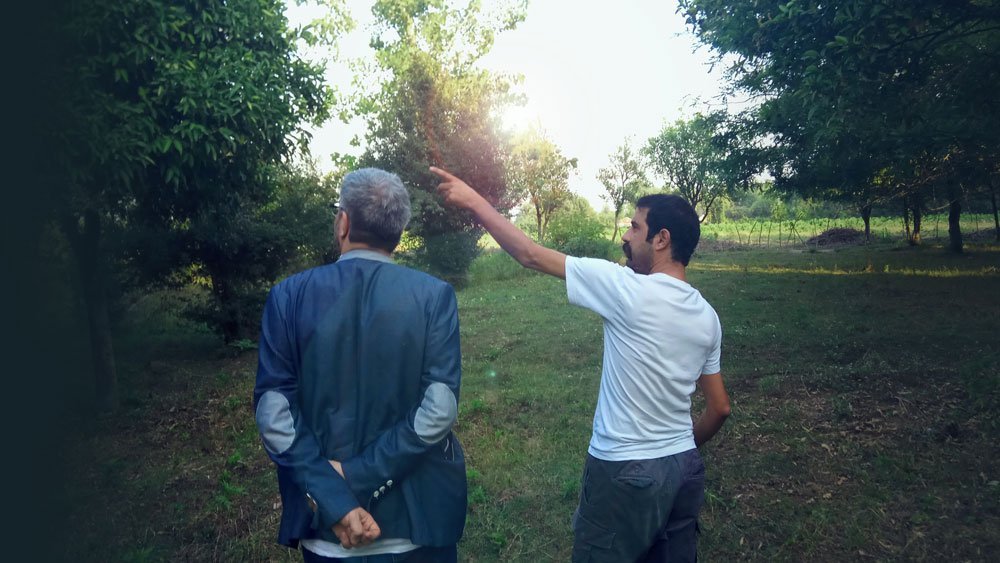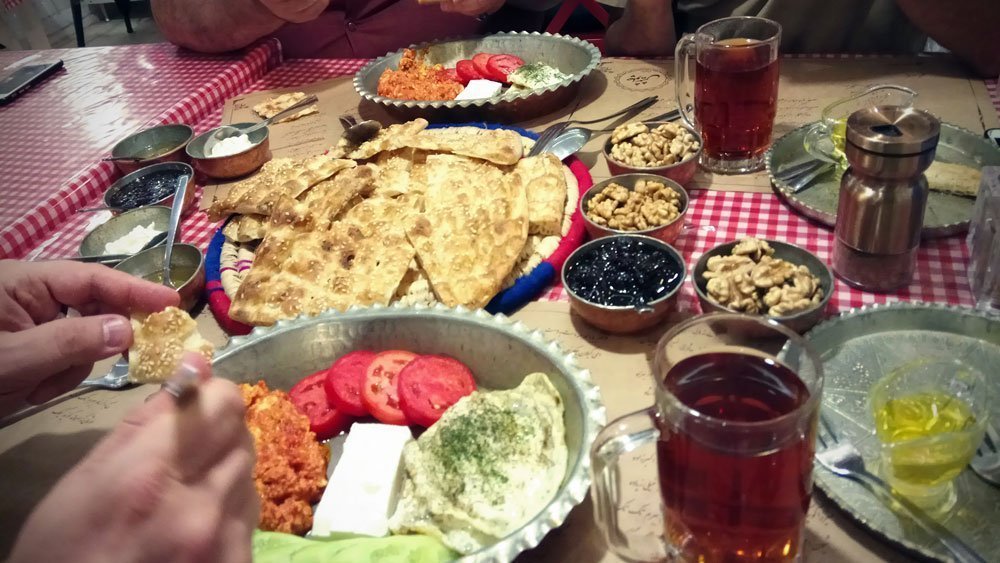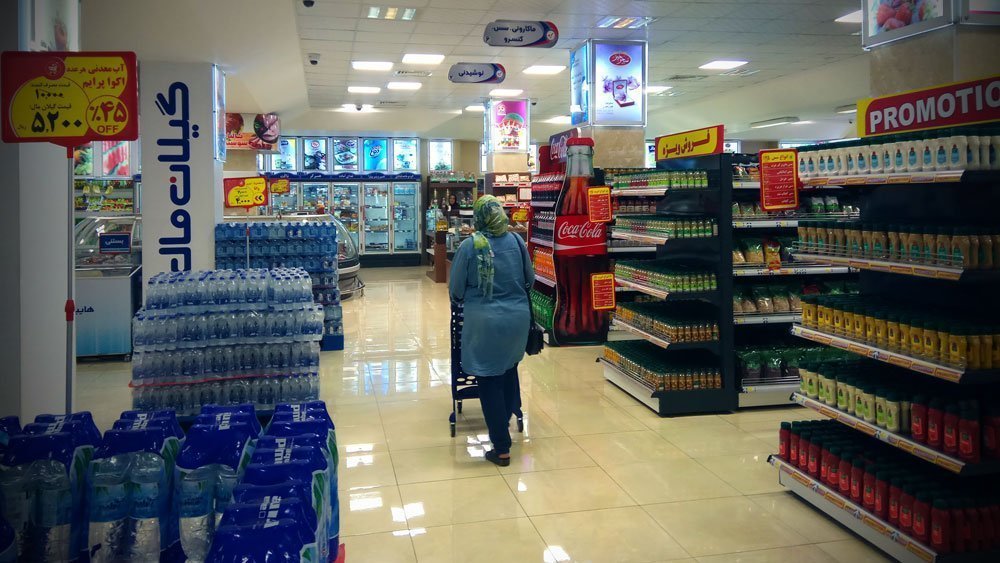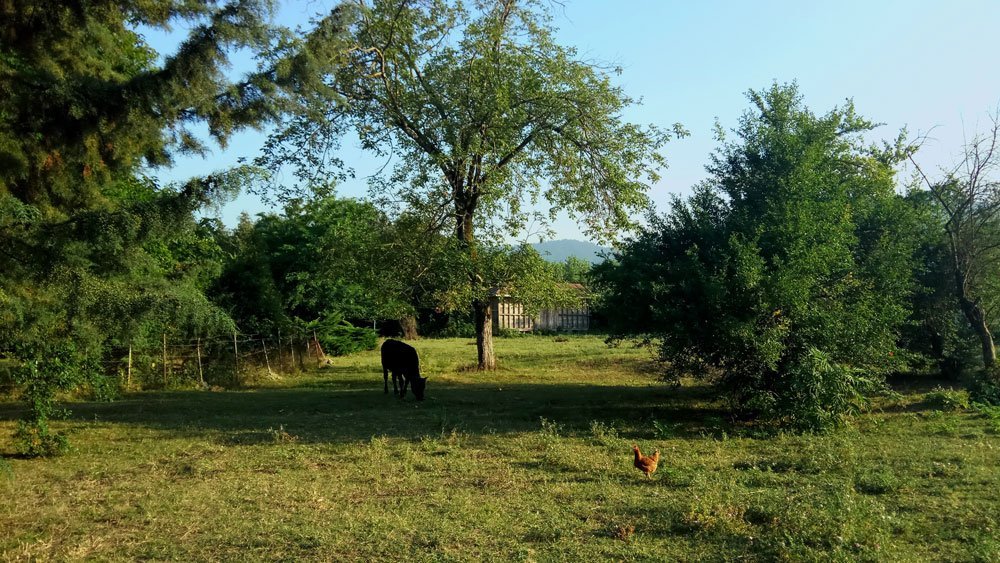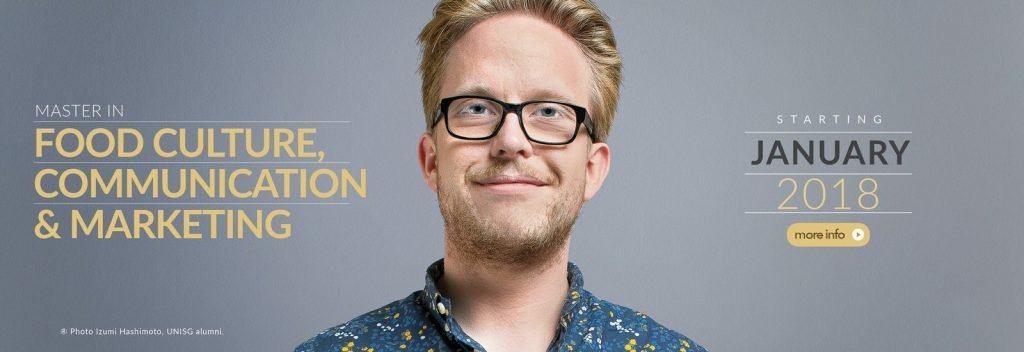The media often speak about Iran. Beyond this, however, there is limited common knowledge about the life and culture of this important nation in the Middle East. Iran is one of the largest states in the region: a fundamental junction of the trade corridors that link Africa, Asia, and Europe. In the past decade, Iran has experienced a phase of steady growth that led the nation to consider issues such as sustainable development, particularly in the field of agriculture and food industry. The introduction of industrial techniques in agriculture, the spread of mass consumption, and the success of fast-food as social model of consumption are just few examples of the social transformation that has kindled a substantial debate among business and political institutions about one of the foundational concepts of our University; the one of Slow Food.
On Monday, the 24th of July, the Agriculture and Natural Resources Engineering Organization of Guilan Province, together with other private and public institutions, organized the international symposium “Achievements of Slow Food Movement”; an important event in which, for the first time, the concept of Slow Food was introduced to the public of Northern Iran. Myself, fellow researcher in social anthropology, and Prof. Andrea Pieroni, the next Dean of the University and professor of ethnobiology, were the Keynote Speakers of the event. Our speeches highlighted the role that traditional knowledge plays in the development of sustainable food systems, and pointed out the substantial opportunities of social and environmental progress that a an economic model of food production based on the principles of good, fair and clean can provide.
The participation in the symposium was part of a broader institutional visit that involved both of us between the 22nd and the 29th July. The visit aimed at providing a deep understanding of the food system of Guilan province, one of the most characteristic regions of Iran, and offering an insight on traditional practices of food production and commerce as well as on the emerging practices concerning mass production, distribution and consumption. The meetings and daily interaction with officials, farmers, entrepreneurs, and activists placed the University of Gastronomic Sciences at the heart of a vast network of relationships, confirming the role of our institution as an international point of reference for all communities interested in sustainable growth and good, clean and fair food.
Article and photos: Michele F. Fontefrancesco, m.fontefrancesco@unisg.it

